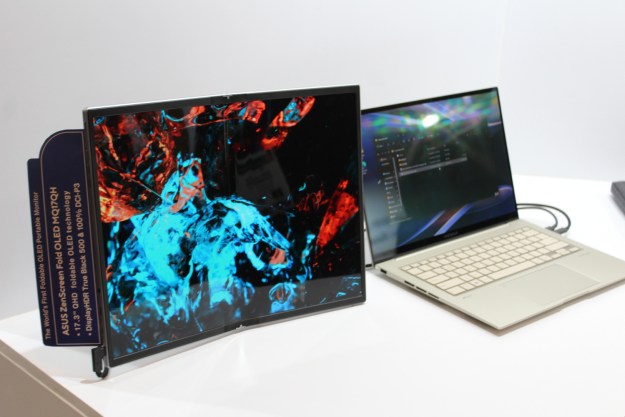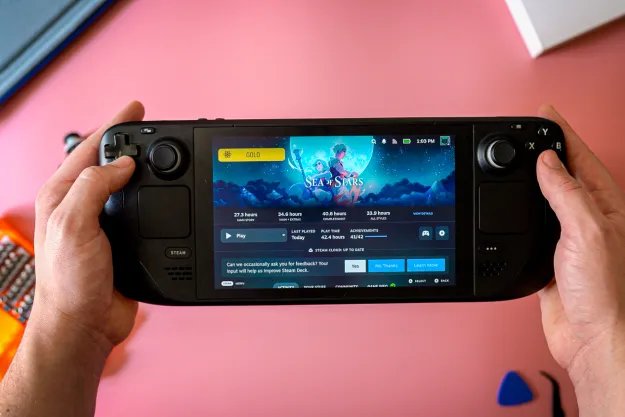A new research report from the Gartner Group finds that about half of all corporate PC’s don’t have what it takes to run all the features in Microsoft’s forthcoming Windows Vista operating system when it becomes available, suggesting that companies will, to a great extent, have to roll out Vista as they acquire new computer systems, rather than installing the new operating system on existing PCs.
Gartner generally advises companies to replace notebook computers every three years and desktop systems every four years; however, in the case of Windows Vista, the firm is recommending that firms not attempt to upgrade computers purchased in 2006 or earlier not be upgraded to accommodate Vista. Given that companies are likely to take as long as 18 months to test and integrate Vista into their business processes, comparatively little useful life will remain in those systems by the time Vista comes knocking.
The biggest resource issues for computers upgrading to Vista are RAM (particularly if the systems need to use virtualization technologies to run older versions of operating systems), and graphics processing required for the much-touted Aero user interface which, while not strictly necessary to use Vista, is expected to offer a better experience and productivity gains for everyday corporate computer users.
Gartner recommends that companies which skipped upgrading to Windows XP develop plans to adopt Vista comparatively quickly, while companies which upgraded to XP can likely take a more measured approach to upgrading.
Unlike many operating system upgrades which tout new technologies, interfaces, and features, analysts in the corporate computing marketplace primarily highlight improvements to Windows security as a compelling reason to upgrade to Vista.
Editors' Recommendations
- I keep my PC on the floor, and you can’t convince me otherwise
- Walmart shoppers can’t get enough of this $169 HP laptop with Office 365
- I can’t wait to try out these upcoming mini-ITX cases
- I’m a laptop reviewer, and I can’t wait for the new Windows on ARM laptops
- 2 ways you can boost game performance by 75% on old PCs


